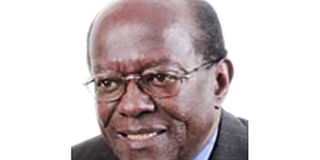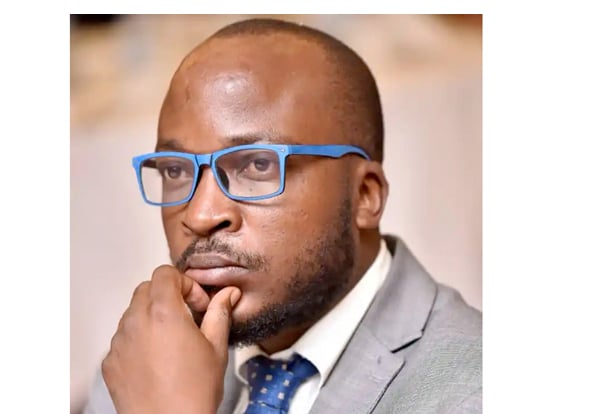Respond to NUP wave in a sober manner

Peter Mulira
What you need to know:
- When Buganda votes in favour of the government in power, she is accused by the Opposition of keeping the government in power for selfish reasons. And when she votes against it, she is accused by those in government of being sectarian.
According to an ancient Egyptian fable, a woman accused of being a witch was given an option of being thrown into River Nile; if she drowned then it would be proof that she was not a witch and if she resurfaced alive it would mean that she was a witch. The punishment for being a witch was death.
The poor Egyptian woman had her death sentence cut out against her because there was no way she could have survived the turbulent waters of the River Nile even if she was a witch.Today, Buganda finds itself in a similar situation as the hapless Egyptian woman.
When Buganda votes in favour of the government in power, she is accused by the Opposition of keeping the government in power for selfish reasons. And when she votes against it, she is accused by those in government of being sectarian.
Traditionally, President Museveni has enjoyed Buganda’s support ever since he went to the bush to fight the Obote II regime. When the President was challenged in the presidential elections of 1996 by Paulo Kawanga Ssemogerere, a Muganda, Buganda sided with Museveni. To Buganda’s detractors, this was not remarkable.
However, in the recent elections, the country witnessed an unexpected homegrown wave of youthful protest in the form of the National Unity Platform (NUP) and in its wake, Buganda denied the President the usual support. The region voted overwhelmingly for NUP. We were told that the President lost because Buganda was sectarian.
Some commentators have explained this NUP wave by relating it to Kabaka Yeka and Buganda’s quest for “a special status” to justify their claim of Buganda’s sectarian tendencies although most of the youth who were the drivers of this NUP wave, may have never heard of Kabaka Yeka or even understood what “special status” means.
To bring the issue of Kabaka Yeka into this debate is like looking for a needle in a hay sack. The history of Kabaka Yeka has nothing to do with NUP and Kabaka Yeka has been misrepresented time and again. For example, Kabaka Yeka was never a Mengo outfit as is often claimed by Buganda’s detractors. Here are the facts.
In July 1961, the Buganda’s delegation to the first London constitutional conference led by the Kabaka returned from London. When it became known that Buganda had acquired the equivalent of self-government there was a lot of jubilation in the kingdom.
A retired civil servant, Sepiriya Masembe Kabali, who was not even a politician, mobilised the population to welcome the delegation. People lined up the route from Entebbe, turned up in such large numbers and kept shouting “Kabaka Yeka” to express their joy whenever the Kabaka passed.
Afterwards, Kabali decided to start a movement to take part in the forthcoming elections taking advantage of the success he had just scored. Kabali never consulted Mengo about his plans although Mengo jumped on the bandwagon when it became clear that Kabali had taken the country by storm.
Luckily, Kabali donated his files to the Africana section at Makerere University Library. A lot of information in these files will help put a stop to the misrepresentations we read about.
Without intending to be sectarian, this writer feels that it is unfair to accuse Buganda of insisting on what is referred to as “special status.” By this term, it is meant that Buganda wants to be a region while the rest prefer to remain at district level.
We should debate this issue and resolve it amicably in a calm and rational way.
As for the NUP, we should try to understand it and react soberly instead of labelling it anti-national unity.
Mr Mulira is a lawyer.
[email protected]




